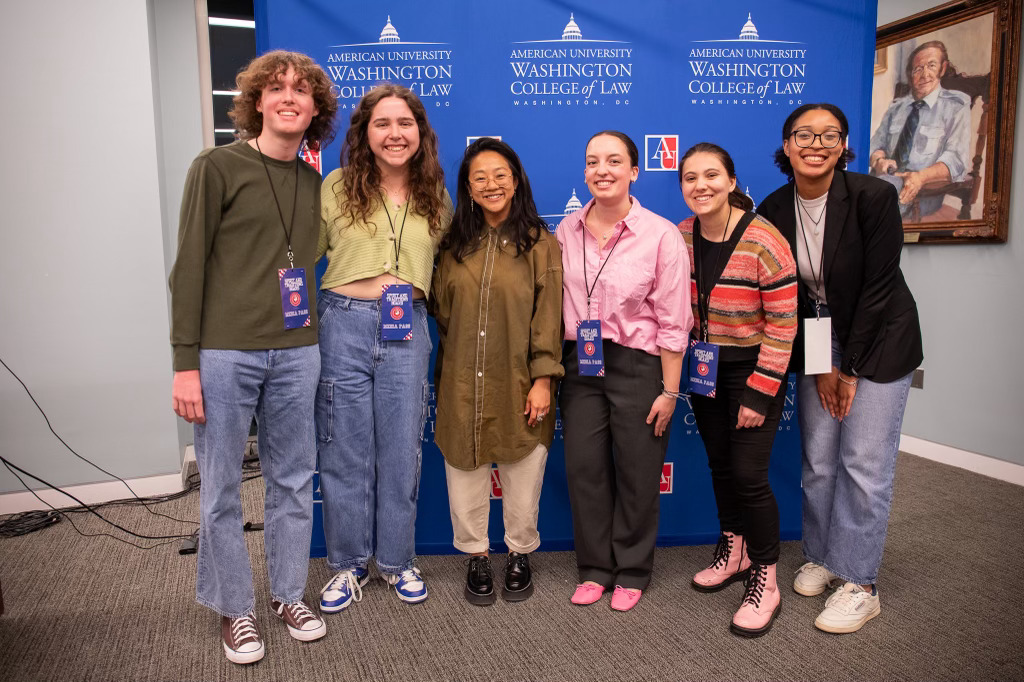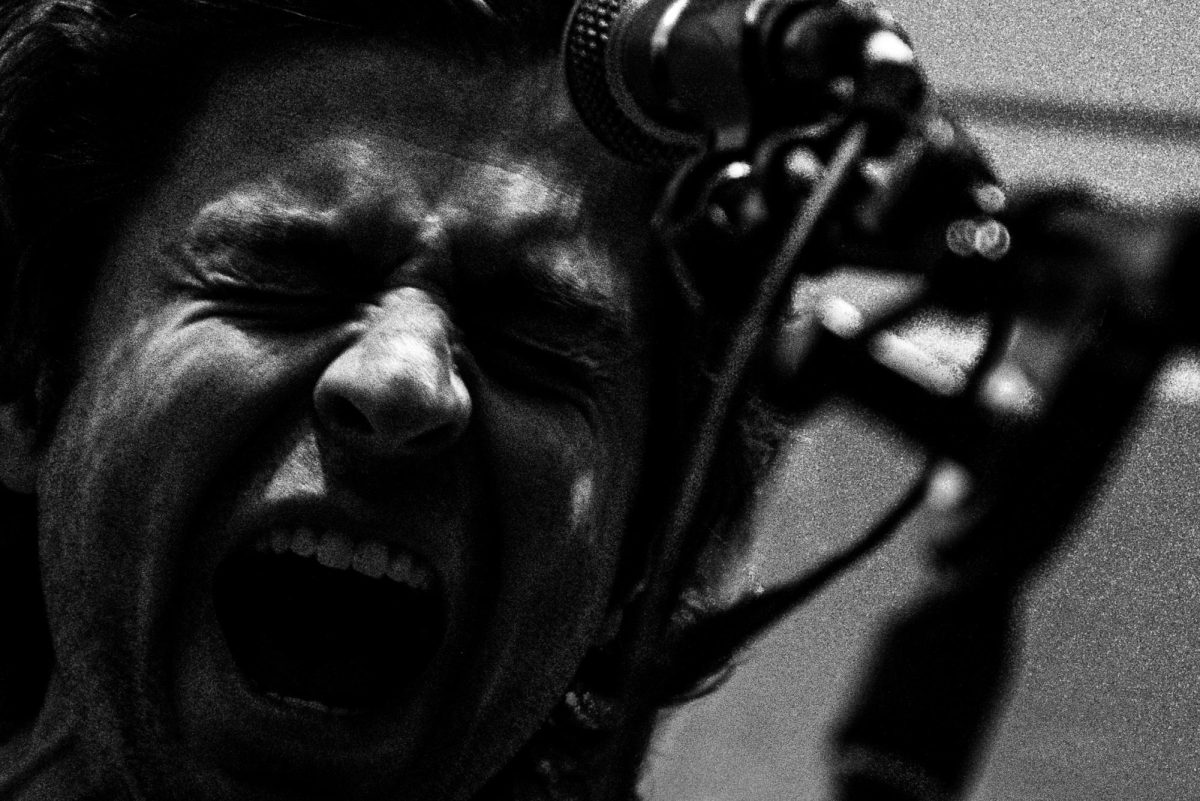Radio Cures
August 15, 2011
In the past century, recorded music has thinned from cylinders to shellac 78s; vinyl LPs to cassette tapes; and now, from CDs to .mp3s. Like a print journalist dreads the death of the newspaper, I worry about what effect the disappearance of physical music may have on college radio.
Last spring, WVAU DJs were introduced to a new home for the station’s music library: a web-based music streamer called Subsonic. Subsonic makes thousands of albums available for DJs to stream instantly or download for free – a dream come true for any music fanatic. This new online host for our library also makes our physical library somewhat redundant.
The digital world has clear advantages. It’s less expensive and faster for promo companies to send a free download to the station then a physical CD. Digital libraries certainly take up less space then shelves and boxes of jewel cases. Plus, no one misses the impossible to open shrink-wrap on a CD.
In spite of this, there is something tremendously sentimental about holding music. Having a physical reminder that you own something makes it all the more personal and important. Not to mention that euphoric, awe-inspired, rush to the head music lovers get when walking into an expansive record store or music library for the first time.
As the music world becomes increasingly digitized and the physical aspects of music dwindle, are we becoming lazier DJs as a result? After all, we are disk jockeys and you can’t hold an .mp3 or .wav file in your hands. When your show starts, do you plug in, hit play, sit back, and get on Facebook? Why not just put your carefully crafted playlists on 8tracks, tweet out a link and call it a day?
In the past decade they way we discover, share, and host our music has been flipped upside down and turned inside out. In just the past few months, music’s gone social— we’ve been bombarded with new platforms such as Spotify, Turntable.fm, and Google Music Beta.
Bands from R.E.M. to Arcade Fire have shot to prominence because of the exposure they received on college radio. In the face of increasing commercialization in the radio industry and a rapidly changing musical landscape, college radio still has a chance to be a place people turn to for new music and a launching pad for artist’s careers. What makes the two hours a week we broadcast on WVAU relevant or different from Apple Genius or Pandora Radio? A few things to keep in mind when you are on air:
A playlist is just a list of songs without your voice. Don’t forget to talk. It’s your commentary and insight that makes your show unique.
Don’t just put your personal library on shuffle. Break out of your musical comfort zone. Take advantage of all the music you’ve been given access to; Explore the rack for new releases; Take requests; Listen to each other’s shows for inspiration.
Have fun. Do live covers, give music trivia, plan super specific themes, have a contest with listeners- it’s your show.
And please, embrace the physical aspect of music while it still exists. Look at the cover art, examine every inch of the insert, read the album reviews lovingly cut and taped on the cases by your fellow music enthusiasts; and if you disagree, write a response.
How many people do you know with a 50,000-song iTunes library of which they’ve only listened to 10 percent? That Fleetwood Mac CD you jacked from your parents and keep in the car probably gets more play then the Smiths discography you downloaded just because you could. When we can have whatever we want whenever we want it, music becomes disposable. Sure, you have access to music for free— but that doesn’t mean it has no value.
I spent hours in the WVAU library as a freshman ripping CD’s onto my laptop- combing through the shelves, using the RIYL tags past DJs had assigned as my guide, and snatching piles of new CDs from the rack to explore. Since I’ve been a DJ at WVAU my personal library has more then tripled. Growing up in a small state where finding another soul who liked David Bowie felt like finding a kindred spirit, being a part of college radio has been nothing less then exhilarating. The music I discover from our library or from chatting with DJ’s at the station and listening to their shows is 100x more valuable to me then the music I find from my suggested artists on last.FMÛÓ and always will be.













